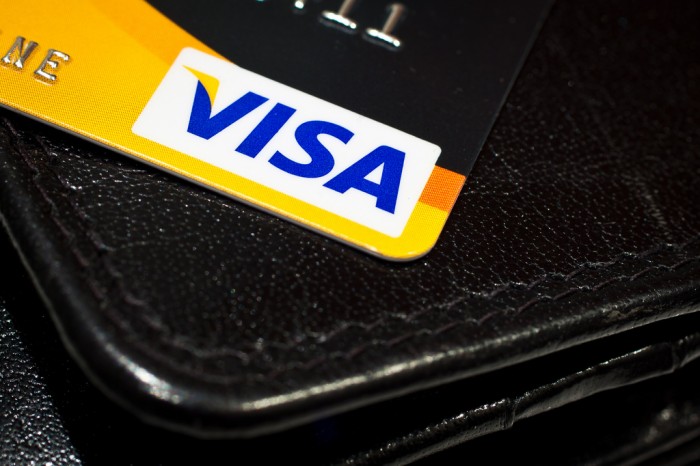
Here’s a topic that almost everyone has experience with: debt. Whether that’s student loan debt, credit card debt, mortgage debt, car payments, or any combination of the myriad of ways that you can owe a creditor money – it is estimated that 1 in 3 adults with a credit history have their debt in collection. With the staggering amount of nationwide debt comes an opportunity for scammers who are looking for their slice of the pie. If you aren’t sure about the legitimacy of debt collectors who may be calling you, there are many simple tips and tricks on how protect your finances and avoid debt collection scams.
Debt collection scams are rackets that prey on people with the hopes of receiving quick, illegitimate money, leaving those with debt in a deeper hole than when they first started.

Here are a few quick tips to identify debt collection scams:
Ask for the collector’s name, company, physical address, and the original creditor that they represent.
Legitimate company’s will give you this information, illegitimate debt collection scams may a) not know this information and b) be unwilling to disclose it.
Request a written notice of debt to be mailed to you.
Creditors must respect this under the Fair Debt Collection Practices Act, if they won’t comply with this, then that is a red flag.
Hang up and call the phone number listed on your loan paperwork to proceed with collections.

It’s never a bad idea to start at the source by calling the company that is listed on your official loan paperwork.
Check your credit report to cross-reference the debt collector’s name.
Debt collectors should be listed or referenced on your current credit report.
Be weary if you speak to the same person every time.
This is a potential red flag, debt collection organizations are generally large institutions and it is rare that you will speak to the same representative every time.
Google search the caller’s phone number.
Head to Google to check discussions regarding the caller. Many times scam artists will have complaints connected to their phone number, and you can do some sleuth work to see if anything turns up.
Call your original creditor.

Your original creditor should be able to direct you to the companies and institutions that they have hired to collect your outstanding debt.
Is the debt collector abusive and harassing?
If you’re immediately threatened with a bad credit score, lawsuit, jail time, etc. then this is another warning sign. Legitimate companies rarely take threaten immediate punishment for outstanding debts.
While these tips and tricks won’t give you a fail-safe method to completely eliminate your chance of falling into a debt collection scam, they do give a solid starting point for straightforward tactics for thwarting a potential scammer’s plot.
Always do your research, and make sure to look into any activity that seems fishy.
photo credit: She Works Two Jobs, The Boy Runs Loose via photopin (license)
photo credit: VISA credit card via photopin (license)
photo credit: I’m going to change via photopin (license)


